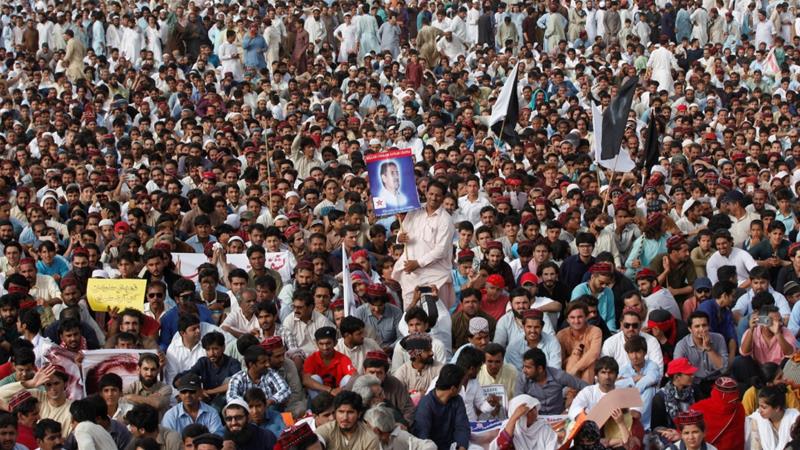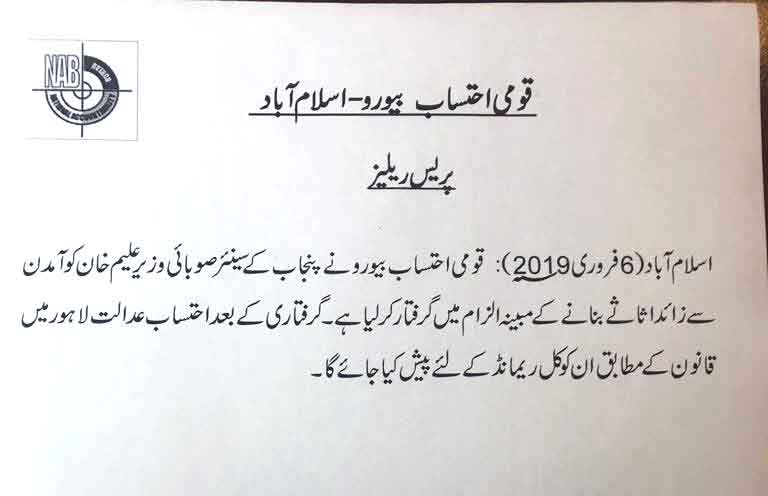Notorious ringleaders and thugs Taj Mohammad Hanafi, Shakeel Farooqi and Amir Fazl-e-Khaliq and other of the banned terrorist outfits’ speakers made provocative hate speech. They also hurled abusive and threatening remarks against Sindh Chief Minister Syed Murad Ali Shah, PPP and Sindh government.
They had brought the coffin carrying the body of one of their ringleaders Nadeem, president of proscribed ASWJ Liaquatabad Town chapter. He was killed by unidentified persons. Since the terrorist outfit has suffered from internal fighting in the past in which Malik Ishaq and Ludhianvi/Farooqi group had killed supporters of each other, it is believed Nadeem too had fallen victim to intra-ASWJ differences.
However, these terrorists have questioned the credibility of the state authorities who had unveiled a Paigham-e-Pakistan document and an anti-takfiri narrative. Inaction against Taj Hanafi, Shakil Farooqi, Amir Fazl-e-Khaliq and others who violated the writ of the state and torn apart the Paigham-e-Pakistan narrative has put the anti-terrorism credentials of the state at stake.
According to the narrative of Ludhianvi and Farooqi’s ASWJ aka Sipah-e-Sahaba, the mother wing of Lashkar-e-Jhangvi, founder of Pakistan Mohammad Ali Jinnah was a heathen and this narrative poses a big question mark on Pakistan’s identity as Islamic Republic since its father of the nation, a Shia Muslim, is declared a heathen by those who made public their venomous aspersion once again at a demonstration outside KPC.
http://www.shiitenews.org/index.php/pakistan/item/36595-sipah-e-sahaba-terrorists-raise-takfiri-slogans-threaten-shia-killing








